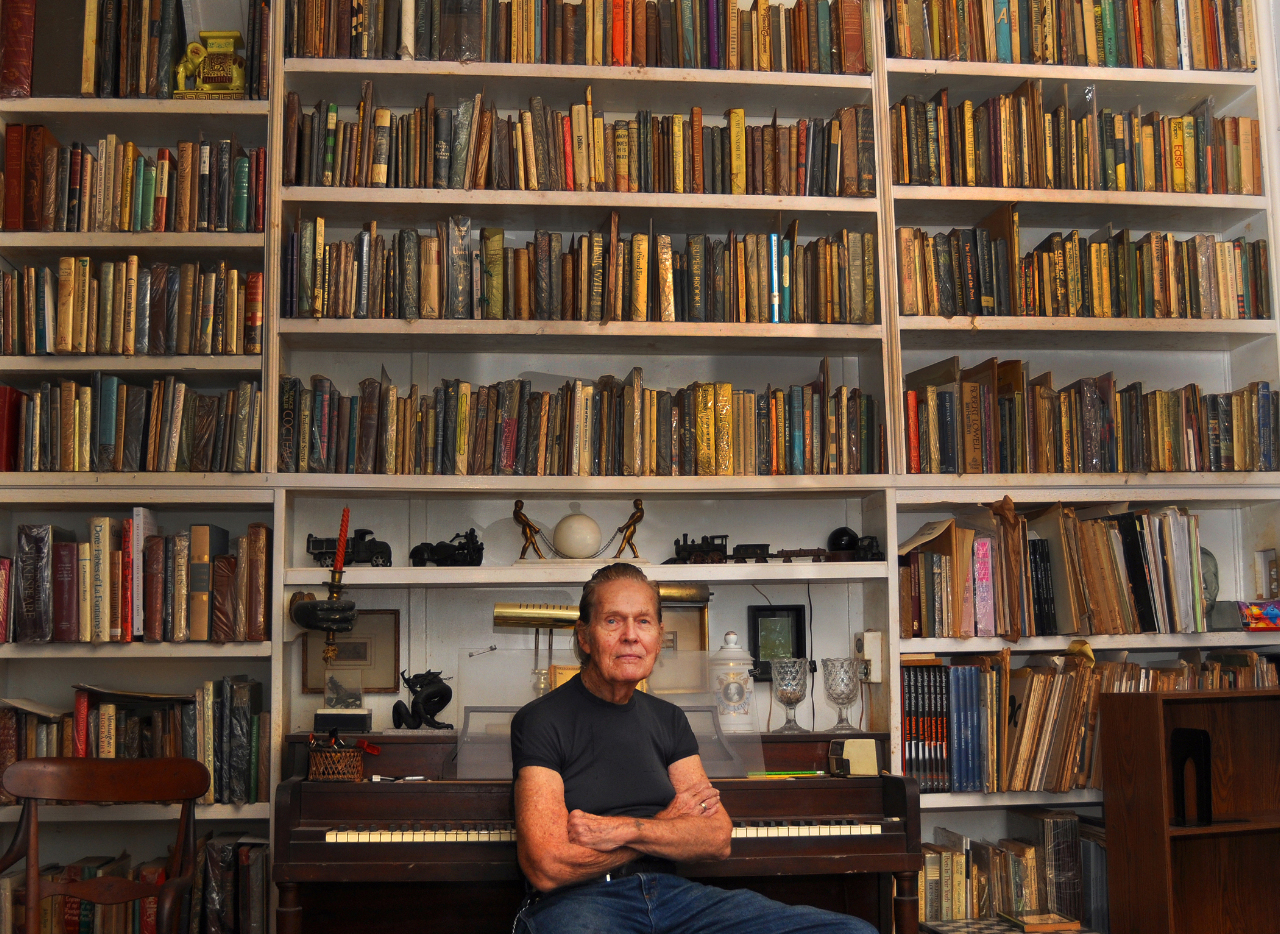Blue Collar Review

by Kirby Congdon…….
Al Markowitz and Mary Franke have produced another solid issue of their Blue Collar Review, Journal of Progressive Working Class Literature for Summer 2016 with a tidy sketch on its cover. Two men on their knees are giving attention to a third laying on his back. The perspective is accurate. We feel the tension on a man’s back, see the strain on the side of another man’s face while the man who is prone raises questions that are not answered. The suggestion of the front grill of an automobile is indicated but there are no explanations. The poems inside also let us see into the lives of about four dozen poets. In the art world we had a similar appreciation of inborn talent that was finally recognized in the graffiti of Keith Haring. Here, in Blue Collar, we have finished ideas that have also been recognized by the editors. There is a climate and an outlet for work that wrestles with conflicts, assertions, and inquiries that are provocative and alive and have their roots in every subject from “I have been used” in “Yesterday’s Hero” by Jay Frankston in California to political positions in contemporary life. One poet, Robert Edwards, advertises his collection, Fragments From A Graffitied Wall. Alice E. Rogoff finished a documentary with two lines: “Now most bartenders are women” and adds with bemusement, twenty years later, “Where did the bar go?” A photograph of a tent city lies under Gary Beck’s lines: “…in the land of plenty / where there’s never enough / for everyone.”
This issue is priced at $7.00, ostensibly to raise money for the overhead. A check for $15.00 permits a reader to enter a Working People’s Poetry Competition with a deadline of May 1st, 1917. First prize is one-hundred dollars.
This writer has worried about work that centers on current events because it soon becomes dated. On the other hand a magazine is, after all, an historical document recording the poets in their own time. As in Partisan Review, we can see the development and maturation of both content and management as the publication becomes a corner stone in our literature, representing so much of our native propensity for the art of poetry that would otherwise be overlooked. Partisan Press at P.O. Box 11417, Norfolk, VA 23517, does provide a vivid outlet for writers who don’t fit into academic or commercial areas, or into the competitive dog-eat-dog market all that easily but who still need to commit themelve to ideas on another level of creative activity. Their involvement provides the soil, light and temperature that all cultures need to promote a country’s identity rather than just capital-W-winners.
In my time grants were given to figures in the avant-garde but I distinctly remember an insider warning me that their sources were not interested in fueling ideas or in encouraging risk. They, once more, wanted capital-W-winners. I suppose it all depends on what you expect from the medium of poetry in a fluid world of art, religion, class, identity and all the rest of it. Finally, the war poets, Rupert Brooke, Wilfred Owen and Isaac Rosenberg are not diminished in referring to their current topics such as World War I.
As Barbra Kingsolver says on the back cover “it adds up.” Okay! I’ll look into it! And Frank Falcone’s memorial for Italian Laborer 365537 dying in a quarry incident in 1895 when a “laggard mongrel curls beneath a wood-fired stove” runs out of words as silence finishes the poem and handles much more than that discretionary silence.
Is poetry news or history? Will somebody make up my mind? In any case, as I love to say, a poem is not something one dictates to be literary; it is a creation that is trying to tell you something you did not know before.

